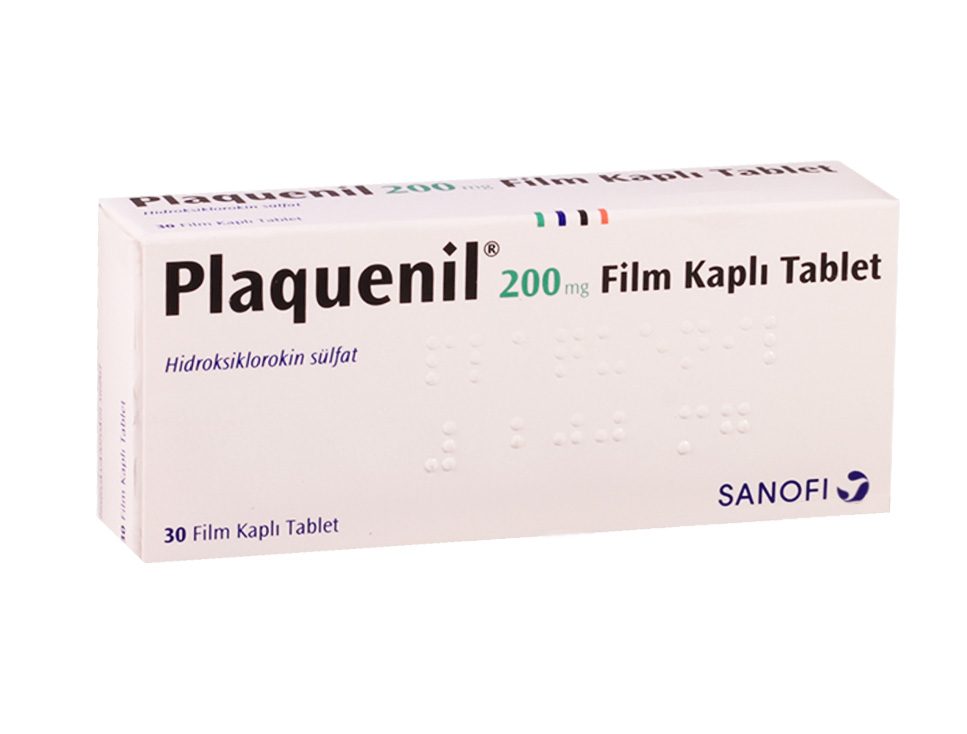PREPPERS-CLICK-HERE-TO-ORDER-FIRST-TIME
We are taking orders again for Hydroxychloroquine through the following physician review form:
If you do not have a Doctor, we can provide a service for a physician review. Just open and complete the following form:
https://form.jotform.com/202321099620447
or copy and paste into your browser
Information about Plaquenil (Hydroxychloroquine HCQ)
Plaquenil is the brand name for Hydroxychloroquine, an antimalarial medication that is also used to treat autoimmune diseases. Originally developed to prevent and treat malaria, it is now more widely recognized for its use in managing conditions like lupus and rheumatoid arthritis. Hydroxychloroquine works by modulating the immune system and reducing inflammation, making it useful for treating a variety of inflammatory and autoimmune conditions.
Product Highlights
- Hydroxychloroquine is used to treat and prevent malaria caused by the Plasmodium parasite.
- It is used to reduce inflammation, pain, and joint damage in individuals with rheumatoid arthritis, an autoimmune condition that causes chronic inflammation.
- Plaquenil is commonly prescribed to manage the symptoms of lupus, such as inflammation, fatigue, and skin rashes.
- It may also be used off-label for other autoimmune conditions, such as chronic cutaneous lupus erythematosus and Sjögren’s syndrome.
Key Ingredient
- Hydroxychloroquine sulfate
Key Benefits
- Hydroxychloroquine is particularly effective in treating autoimmune diseases like lupus and rheumatoid arthritis by reducing inflammation and immune system activity.
- It helps in both the prevention and treatment of malaria by interfering with the malaria parasite’s ability to grow and reproduce in red blood cells.
- Compared to other immunosuppressive drugs, hydroxychloroquine has a more favorable long-term safety profile for conditions like lupus and rheumatoid arthritis.
- Generally, it is well-tolerated for long-term use, especially when compared to other medications used for similar autoimmune diseases.
Direction of Use
- For malaria treatment, the typical dosage of Plaquenil is 800 mg initially, followed by 400 mg 6-8 hours later, and then 400 mg daily for 2-3 days after the first dose. For prevention, the dosage is typically 400 mg weekly.
- For lupus and rheumatoid arthritis, Plaquenil is usually started at a dose of 200–400 mg daily, depending on the severity of the condition and the patient’s response to treatment.
- The tablets should be taken with food to improve absorption and reduce gastrointestinal irritation.
- Regular eye exams and blood tests may be required, especially with long-term use, due to the risk of eye damage and other potential side effects.
Safety Concerns
- Prolonged use of hydroxychloroquine may cause retinal damage, leading to vision problems. Regular eye exams are recommended, especially for long-term users.
- There is a risk of heart problems, including arrhythmias (irregular heartbeats), particularly in those with existing heart conditions or who are taking other medications that affect the heart.
- Common side effects may include nausea, vomiting, stomach pain, and diarrhea.
- Some individuals may experience skin rashes or pigmentation changes, especially with long-term use.
- Plaquenil may cause a reduction in blood sugar levels, which can lead to hypoglycemia (low blood sugar), particularly in people with diabetes.
Avoid Plaquenil (Hydroxychloroquine HCQ) If
- If you have a known allergy to hydroxychloroquine or any of its components, you should avoid taking Plaquenil.
- Individuals with pre-existing retinal or eye diseases (such as macular degeneration) should not use Plaquenil, as it can worsen retinal damage.
- People with certain heart conditions, such as QT prolongation, should avoid Plaquenil due to its potential to cause heart arrhythmias.
- Although hydroxychloroquine is generally considered safe during pregnancy for treating conditions like lupus, it should only be used when clearly needed and under the guidance of a healthcare provider. The risk to the fetus should always be weighed against the benefits.
- If you have severe liver or kidney problems, use Plaquenil with caution as it can accumulate in the body and cause further complications.
- Patients with diabetes who experience severe blood sugar fluctuations should be cautious when using hydroxychloroquine.






